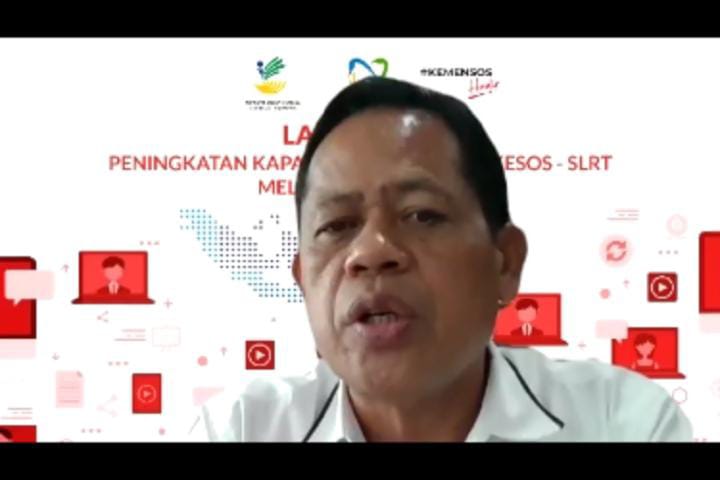JAKARTA (7 June 2021) - The
Ministry of Social Affairs (Kemensos) continues to be committed to preventing
stunting in Indonesia. One of the efforts made by the Ministry of Social
Affairs is to provide food assistance in the form of special rice that has been
fortified or given additional micronutrients in the hope of meeting the
nutrition of the residents.
In addition to fulfilling
nutrition, the Ministry of Social Affairs through the Agency for Education,
Research and Social Extension will increase the capacity of PKH companion human
resources by adding a stunting module in education and training.
Today, the Head of BP3S,
Syahabuddin, opened an online, Stunting Prevention and Handling Training for
Social Welfare Human Resources for the 2021 Synchronous Session at the
Kalimantan Social Welfare Research Education Center. Monday (7/621)
In his remarks, the Head of
BP3S hoped that PKH facilitators would be able to become ambassadors for
change.
"I hope this brother will
become a social ambassador, an ambassador for prevention and handling of
stunting with a social welfare perspective, of course." Said the head of
BP3S
According to him, PKH
facilitators can partner with anyone in the field, to enrich the treasures and strengthening the prevention and handling of stunting in the
community, especially for PKH KPM.
Previously, President Joko
Widodo assigned Social Minister Tri Rismaharini to deal with the stunting
problem in East Nusa Tenggara and four other provinces.
 Bahasa
Bahasa
 English
English



